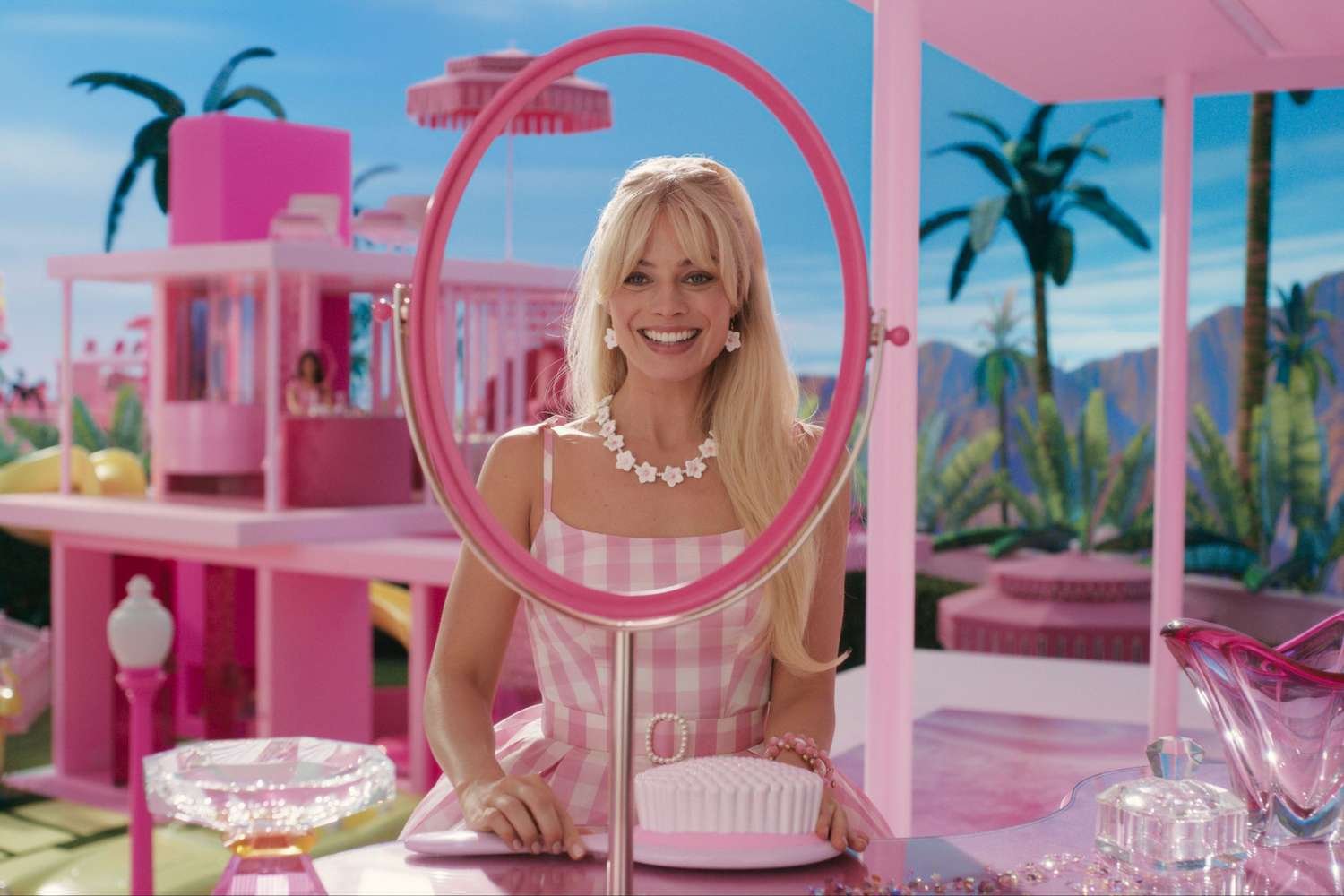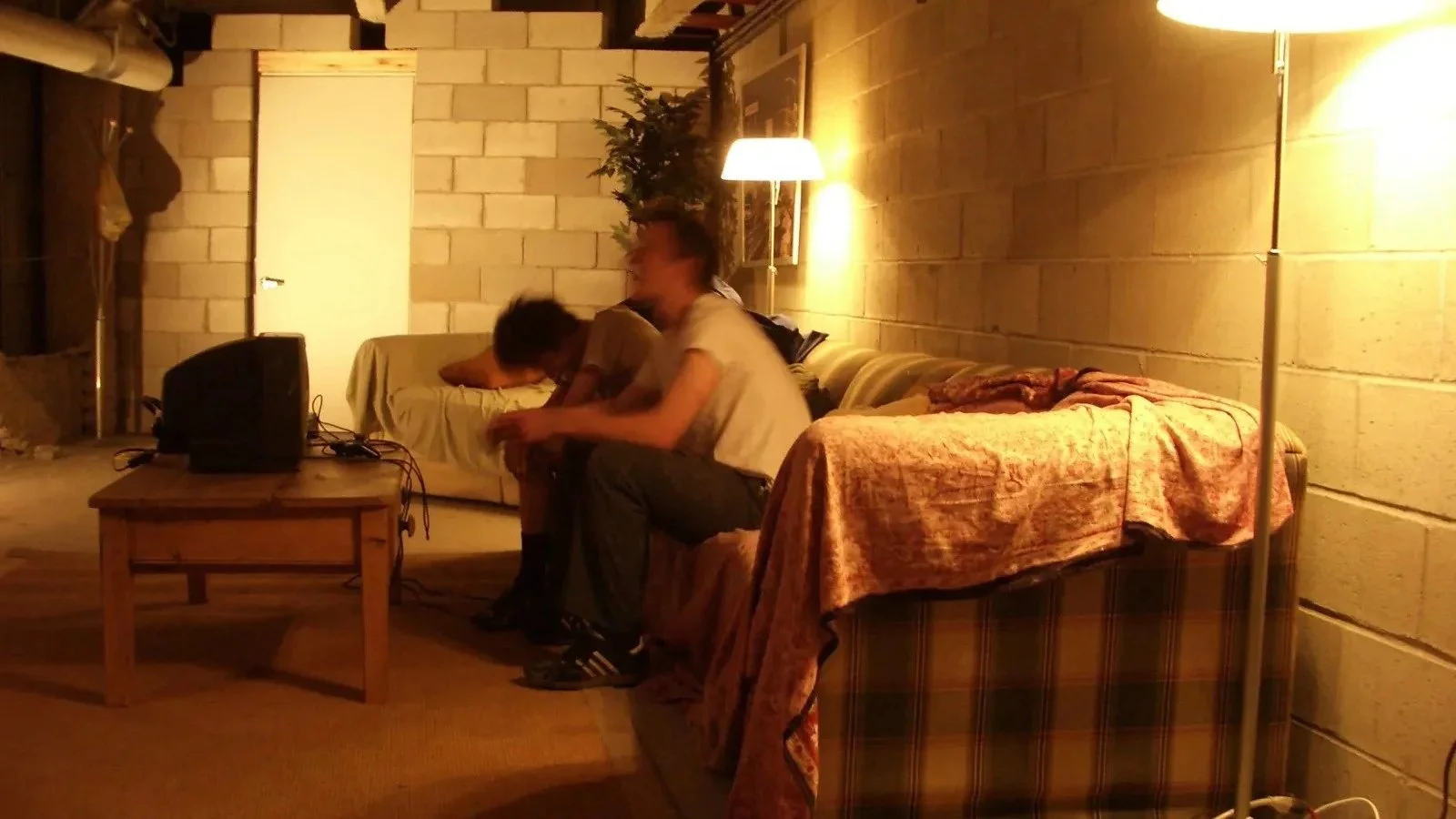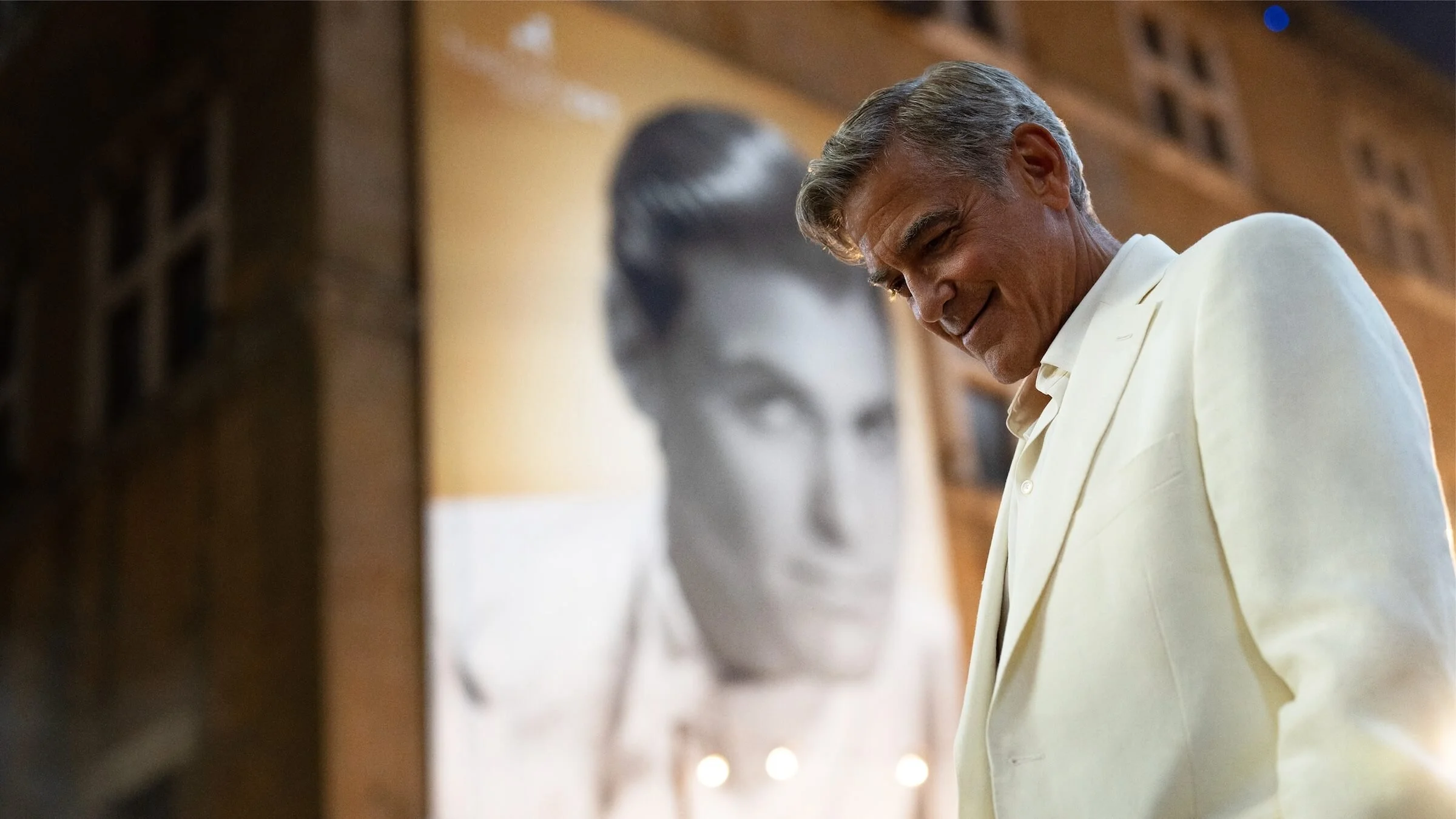Review: Barbie (2023)
Greta Gerwig’s Barbie is a kids movie made for adults who like stuff for kids. That’s not meant as an insult to the fans and critics who have propelled the film to the top of the box office and provided the most reassuring jolt to the prospect of an opening weekend being a summer event since the pandemic. It’s simply a description of a film that caters to the most cookie cutter liberal feminist tendencies of the year 2023.
Barbie is about the contradictions of being a woman in the modern world. But it’s uneasy with its own contradictions. It is a movie with loud thematic interests in personal agency and feminism and cultural revolution, but it’s also about a doll made by a giant American corporation, after all. Its discomfort with its own corporate identity, and its inability to tell its story without hedging its bets, holds it back from being the exuberant blast of goofiness that it becomes at occasional moments throughout its runtime. It cannot resolve the dialectic, as they say.
For instance, Barbie often shoots itself in the foot by not letting the characters and the storytelling convey the message about female empowerment. Late in the film, at a moment of personal crisis, the tearful main character Barbie, played by Margot Robbie, confesses that she doesn’t know what to think about herself anymore. She says she doesn’t feel smart or useful or pretty—a clichéd proclamation in films about finding your inner beauty and purpose, which this film very much is. It’s a conventional, late-in-the-film emotional moment, a bit trite but largely successful due to Robbie’s performance. And then the film’s narrator, voiced by Helen Mirren, has to butt in and say that this line of heartrending confession would come across better if it weren’t delivered by someone as conventionally and impossibly beautiful as Margot Robbie. The audience chuckles. I cringe.
The movie doesn’t need moments like this, but the contradiction captures the way this film holds itself back from being something more—more fun, more goofy, more timeless. Defenders of the film would say this is because Barbie is true to the contradiction of being a woman in the modern world, and that’s partially true, but half measures are never great for art. A film that pulled back on the parody, removed the diatribes, and avoided the polemic (personified by an ill-begotten, tone-destroying speech by America Ferrara at the climax) could still convey the same message, because it’s hard to argue with the overall story about finding your place in the world. And furthermore, it distracts from just how fun this movie is for the most part.
As a big, colourful, goofy movie about movie stars playing dolls made for kids, Barbie is fun. The humour lands throughout, from the 2001: A Space Odyssey-inspired opening to the fantastical descriptions of how Barbieland functions to the absurd moments when Barbie and Ken (played by Ryan Gosling) enter the Real World and discover gender roles and patriarchy and money. Rodrigo Prieto, who shot Martin Scorsese’s Silence and The Irishman, shoots the film with a plastic veneer and sparkly twinkle that evokes the bygone era of studio sets and lots.
Gerwig leans into this visual approach during a few key musical sequences that make you wish the entire film was a musical. The best scene comes late when Ken expresses himself through song and the film transitions into a fantasy sequence that evokes the lighting and music and dance choreography of Gene Kelly musicals, especially Singin’ in the Rain. It’s a remarkable sequence and truly stunning with the play of shadow and light on the moving bodies on screen.
The performances of the cast are good as well. The supporting turns are mostly fun, although Will Ferrell is somewhat wasted in an ill-advised role as a kinda-sorta villain running Mattel. Robbie is terrific in the lead. While part of her stardom is clearly based on her otherworldly good looks, she’s also a strong actor with an emotive face made for the screen. She’s able to wring a surprising amount of pathos out of a doll’s existential crisis, even if the lessons are pat and the arc truncated.
Even better is Ryan Gosling, who steals the show as Ken. Ken’s lack of personhood is a running gag in the film, and the driver of the plot. Gosling is hilarious and surprisingly affecting, making his performance as Barbie’s superfluous hunky not-really-boyfriend a great turn in a movie that’s only fine. His line deliveries are hilarious, reminding us that the comic leading man of Crazy, Stupid, Love. is sadly underused in comedies after all these years. His singing is even more fun. But it’s his face, the way he stares at Robbie’s Barbie with nothing short of awestruck, puppy dog affection, that makes the character land so well.
There is much in Barbie that is good and the effect it has on the rapturous fans who have descended on movie theatres in pink hordes speaks to how much of a pop culture impact the film is having. This is an honest-to-goodness mega blockbuster aimed squarely at women. And women are showing up. We should celebrate that Hollywood is still capable of such theatrical successes as Barbie (and Oppenheimer, landing on the same weekend no less).
But as a film, Barbie is a half measure, held back by a discomfort with being a corporate product, with being subtle, with being too goofy without being about Big Important Ideas™. Coming from Gerwig, who made the good coming-of-age film Lady Bird and the great adaptation of Little Women, it lands as a minor disappointment. Some will argue that it’s as good as we could’ve asked for from a film about Barbie, but they’re only half right. Barbie has the ingredients to be a very good film instead of merely an adequate one, a true barnburner instead of a summer confection.
6 out of 10
Barbie (2023, USA)
Directed by Greta Gerwig; written by Greta Gerwig and Noah Baumbach, based on Barbie by Mattel; starring Margot Robbie, Ryan Gosling, America Ferrera, Kate McKinnon, Issa Rae, Rhea Perlman, Will Ferrell, Simu Liu, Michael Cera, Helen Mirren.



Joe Carnahan’s cop thriller starring Matt Damon and Ben Affleck is an enjoyable whodunnit.